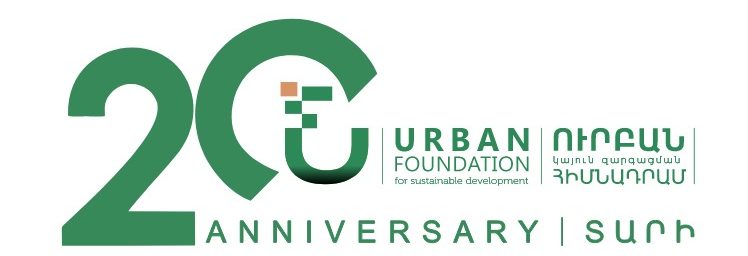Aug 2023-Aug 2024 Irrigation for Resilience


The goal of the project is to rehabilitate of the Tegh border community irrigation system for order to transition to more efficient and sustainable agriculture and provide favorable social conditions for the residents.
As a result of military conflict, the village was deprived of most of its land. The available lands are arid and do not provide enough income for the residents. The local government applied for subsidy funding through the government-community mechanism, which was granted. The cost of the project calculated by the application is about 300,000 US dollars, with 75% state and 25% community share.
Under Component 1 it is foreseen:
1.1 Coordination of irrigation water line project with community and third party partners, discussion of innovative solutions, coordination of works.
1.2 Installation of solar panels to reduce the energy consumption of the pumping station
1.3 Laying the pipeline
1.4 Reconstruction of the catchment basin to regulate the pumped water volume by installing a float valve
1.5 Installing an electromagnetic flow meter at the beginning of the system to control the amount of water taken from the WUAs.
Under Component 2 it is foreseen:
2.1 Study of existing agricultural practices and development of proposals for transition to sustainable agriculture
2.2 A series of courses for farmers on sustainable agriculture.
2.3 Courses and events for students on ecological topics
Under Component 3 it is foreseen:
3.1. Provide set of advice to support farmers adopting sustainable farming practices
3.2. Provision of high-value crop seeds to beneficiary farmers, including displaced populations
The project has a long-term impact due to the following considerations:
- It will be possible to avoid the danger of desertification in the lands that become irrigated (around 300 ha).
- It will be possible to reduce the cost of irrigation by about 40% due to the use of solar energy, making the service more affordable for consumers.
- Beneficiary farmers will be informed and have practical opportunities to apply the principles of sustainable agriculture.
- It is expected that about 200 households will have the opportunity to increase their income from agricultural activities by about 2-3 times, starting from the 2nd year after the end of the project.
- Individual counseling will be provided to farmers in order to improve the quality of the rural value chain.
- Beneficiary farmers will be provided with seeds of high-value crops, effective irrigation options will be discussed, and information on the market for products will be presented.
- The ability of the community to manage its own water resources will be improved due to the availability of objective data.
The project has several innovative components, which will be implemented by using technological solutions. They are:
- Installing a water flow meter at the beginning of the system to monitor the amount of water taken from the main water pipe. Currently, not only locally, but also in the widespread irrigation system, water metering is not carried out at the level of WPPs, which causes tense disagreements between WPPs and farmers, especially during the irrigation season. Implementation of water metering infrastructure and replication in other settlements of Armenia will significantly improve the performance of WPPs and the quality of service delivery.
- Installation of a swimming valve on the pool, which will automatically turn off the pump by remote control when the pool is full. This will make it possible to avoid overfilling of the basin and flooding of the surroundings, as well as to save the work of the pump.
- Installation of solar photovoltaic panels to reduce the energy consumption of the pumping station. It is expected that it will be possible to save 35-40% thanks to renewable energy.
Funding: UN GEF Small Grants programme
Implementation: The Urban Foundation and Tegh municipality
Beneficiaries: Tegh settlement





